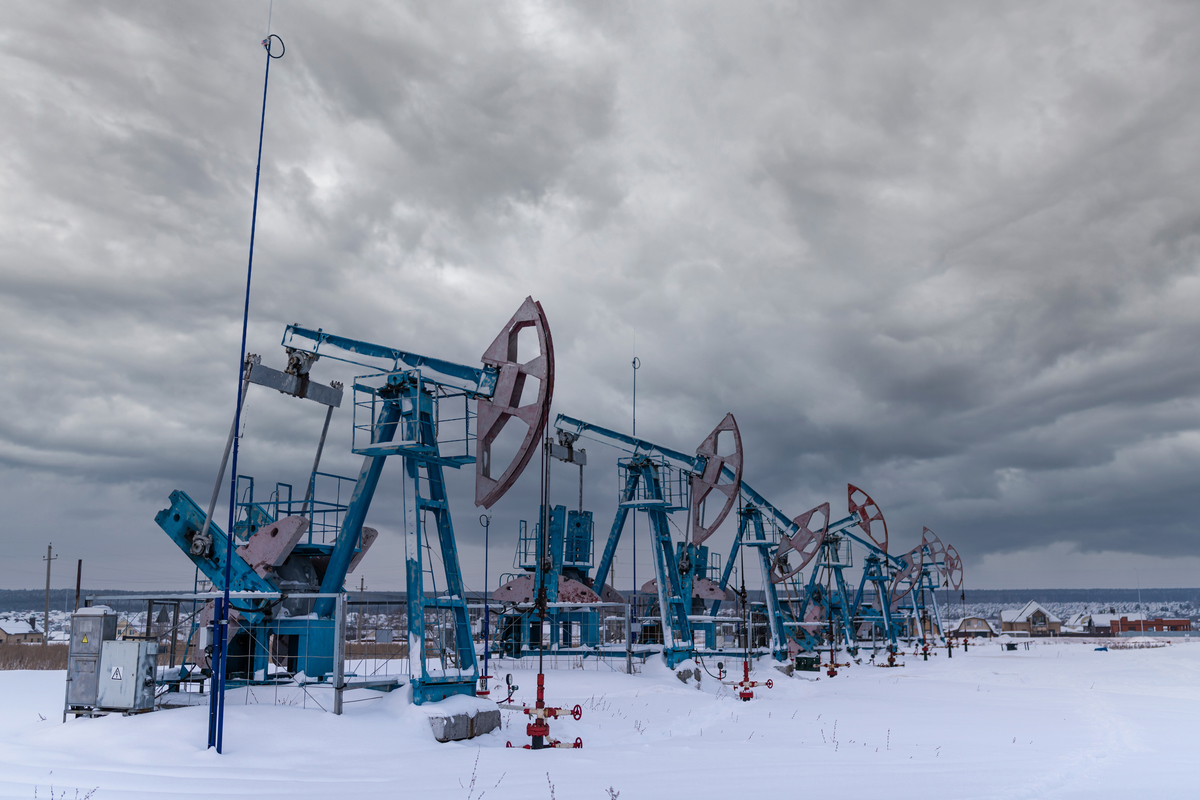Brent futures trade sideways amid holiday lull
Front-month ICE Brent has inched lower by $0.58/bbl on the day, to $83.50/bbl at 09:00 GMT.

PHOTO: Temperatures along the US Gulf Coast dropped as low as -8°C, freezing machinery and disrupting operations at several major oil refineries. Getty Images
Upward pressure:
The winter storm sweeping across the US has knocked temperatures below freezing and disrupted operations at major oil refineries in Texas, US, which continues to support Brent. Affected plants process about 3.58 million b/d, according to Reuters estimates.
Some outages may last into January, Reuters cites insider company sources saying. Refineries owned by Marathon Petroleum and Valero Energy are only set to restart in the first or second week of January.
Crude oil demand is expected to surge after China opens its borders and lifts mandatory quarantine requirements for foreign tourists starting 8 January. S&P Global analysts have predicted oil demand from the world's top importer to reach 15.7 million b/d in 2023, a 700,000-bbl increase from 2022.
Russian President Vladimir Putin has signed an executive order to address the price cap imposed on Russian seaborne crude oil by G7 nations and Australia. In accordance with Putin's earlier warning, Russia has prohibited the sale of oil and oil products to any nation that gets behind the price cap. Starting on 1 February next year, the restrictions will last until at least 1 July.
Several energy experts have predicted that tight supply caused by an increase in Chinese demand and Russia's reduced production will push Brent past $100/bbl next year. Bank of America expects Brent to average $100/bbl next year, while Morgan Stanley predicts $110/bbl by mid-2023.
S&P Global vice chairman Dan Yergin has told CNBC that Brent could reach $121/bbl next year when China fully reopens because it will "add a lot of demand,” while UBS commodity analyst Giovanni Staunovo has predicted a price of +$100/bbl in 2023.
Downward pressure:
On the flip side, Yergin has told CNBC that Brent could fall to $70/bbl in case of a recession, according to CNBC.
Citi's global commodities head Ed Morse has predicted Brent will average a significantly lower $76/bbl next year, as supply outstrips global demand.
“We have an underlying view that we will see an imbalance between supply and demand across 2023, with significantly more supply coming into the market than demand, leading to inventory builds, which should weigh on prices so that we see prices ending the year on average lower than the beginning,” Morse has told Insider.
US regulators have approved TC Energy's plan to restart the closed segment of the Keystone Pipeline, according to Reuters. The segment stretches from Steele City near the Nebraska-Kansas border to Cushing, Oklahoma. TC Energy expects service to be restored after several days of testing.
By Konica Bhatt
Please get in touch with comments or additional info to news@engine.online





